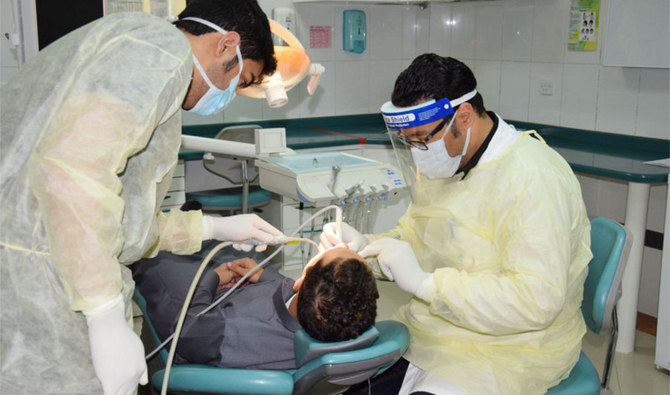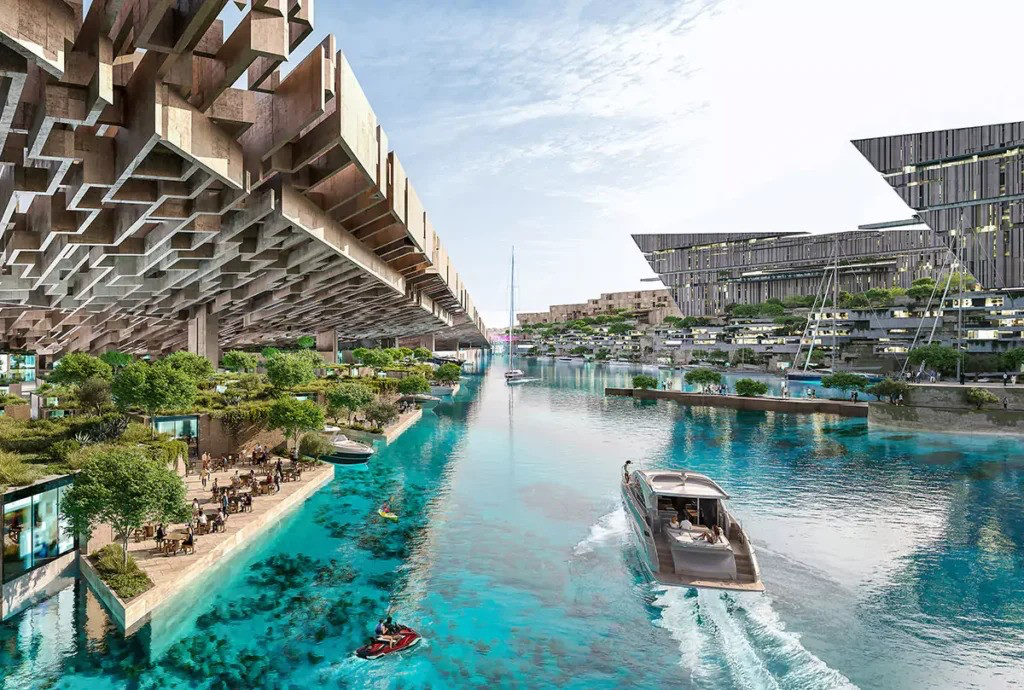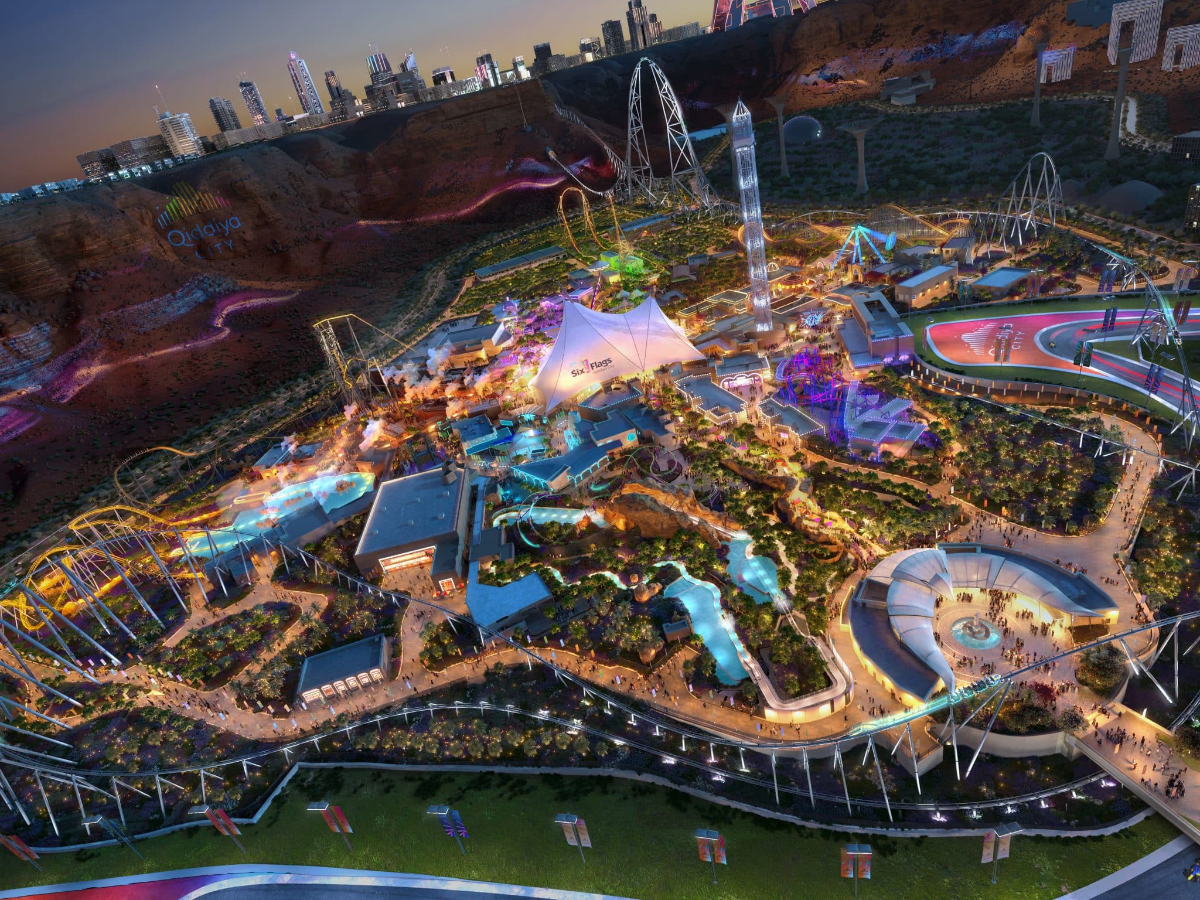MAKKAH: Saudi authorities will begin the process of localizing 35 percent of the Kingdom’s private dentistry sector on March 10, 2024, the ministries of human resources and health announced on Wednesday.
The Ministry of Human Resources and Social Development will provide private-sector organizations with help to hire Saudis, through a package of incentives that includes support for the recruitment process and for the training of new employees. They will also be prioritized for support and employment programs provided by the Human Resources Development Fund.
The aim is to provide more job opportunities for Saudi citizens across the Kingdom and create an environment that supports a balanced labor market, increases the participation of locals in the work force, and improves productivity and performance, the health ministry said.
Dr. Haifa Al-Rashid, a dental consultant and owner of Haifa Al-Rashid Dental Clinics, told Arab News: “The decision to localize the private dentistry sector is a wise and wonderful decision. It is one of the steps to achieve the Kingdom’s Vision, which is progressing rapidly and promisingly for all the nation, and whose positive impact is felt daily in our professional and social lives.
“This agreement and this localization will, without a doubt, have a clear impact on the dental profession and will make a difference in the final outcome.
“Empowering national competencies will have a great impact on covering professional exposure in this field. As everyone knows, dentistry is one of the most important fields in public health. Paying attention to it, practically and by raising awareness, will inevitably lead to raising the level of public health in society. This has a great economic impact that saves the state a lot of money.”
Al-Rashid added that increased localization in health-related professions such as dentistry will help to enhance the Saudi health sector and the economy, amid a growing culture of health in the country.
“This decision will raise the level of services provided to citizens and residents,” she said. “It will provide a more suitable environment for national health cadres, who have studied in the best universities inside and outside the Kingdom, to provide competitive, quality services at the national and international levels.
“Supporting and localizing these national cadres will lead us to a competitive market that seeks to provide what is best and ideal for citizens and residents, and thus capital circulation.”
It is also important to localize other fields and specialisms related to dentistry, including oral health, dental assistants and professional technicians, Al-Rashid added.
“We aspire for the HR ministry to take the initiative to strengthen cooperation between universities, institutes and itself to support and train them in a way that is commensurate with the labor market and the desired levels, according to what was stated in the Kingdom’s Vision 2030,” she said.
“This support will have a significant impact in creating a balanced atmosphere that enhances the ecosystem of this profession and brings it to the ideal level.”
Dr. Ali Alfarsi, the director of the Dental Medicine Department at Jazan Health Ministry, told Arab News that the provision of high quality dental services is important for all groups in society.
“Everyone is prone to facing oral problems which require a large number of service providers to cater to the large and urgent demand in the Kingdom,” he said.
As a result, officials are keen to create an appropriate environment in which Saudi medical professionals can perform their jobs to the highest standards of quality, he added.
“We aspire to high employment rates, paired with high quality standards, government supervision and continuous follow-up to provide the doctors with opportunities,” Alfarsi said.
This requires efforts to support the ambitions of prospective medical professionals and develop their skills and efficiency to help gain the trust of society in their capabilities, he added.
Practicing Saudi doctors are fully qualified and competent, having passed all of the academic requirements, whether educational or practical, Alfarsi said, adding: We trust in the efficiency of Saudi universities and they provide the most competent outputs, internationally, in all medical fields, including dentistry.”
Dr. Abdul Aziz Aldosari, a dentist at Riyadh’s First Health Cluster, said: “This decision made me happy, as well as many of my unemployed colleagues in the field of dentistry. It will have a positive impact in terms of remedial quality and in terms of growing the national experts in this field.
“I really hope that we will reap the fruits of this decision and cooperate with the private sector to grant Saudi doctors the confidence to gain practical skills in this field.
“Not only will it greatly benefit the practitioners in the future, but the community as well.”
































